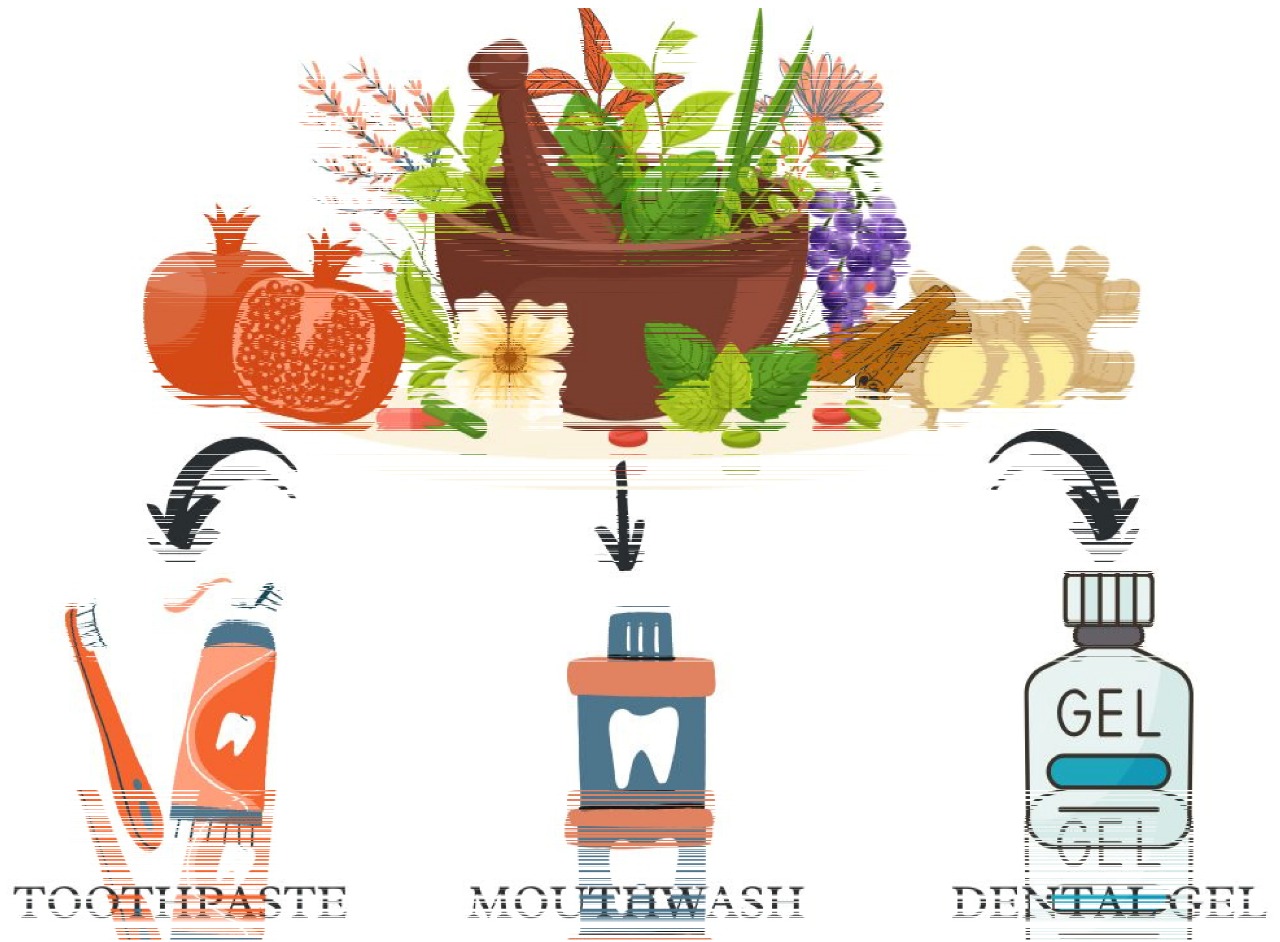
Follow WOWNEWS 24x7 on:

A viral claim circulating across wellness platforms and social media suggests that a single Ayurvedic formula can cure all dental problems—from cavities and gum disease to sensitivity and bad breath. While the appeal of a universal remedy is understandable, experts warn that such oversimplification can be misleading and even harmful. A recent fact-check by Ayurvedic scholars and oral health researchers reveals that dental issues are multifactorial and require tailored approaches rooted in dosha-specific diagnosis.
The claim has gained traction amid rising interest in natural remedies and holistic health, but practitioners caution against relying solely on generic herbal blends without understanding the underlying cause of oral discomfort.
Key Highlights From The Expert Review
- Ayurveda does not endorse a one-size-fits-all formula for dental health
- Oral diseases are linked to imbalances in Vata, Pitta, and Kapha doshas, requiring customized treatment
- Common herbs like harad, baheda, neem, and clove offer targeted benefits but not universal cures
- Misuse of unverified remedies can delay proper diagnosis and worsen infections
- Ayurvedic dental care emphasizes prevention, dosha correction, and tissue nourishment
Understanding Krimidanta And Dantagata Rogas
In classical Ayurvedic texts such as Sushruta Samhita and Madhava Nidana, dental caries and related conditions are described under Dantagata Rogas. Krimidanta, the Ayurvedic correlate of dental decay, is attributed to the infestation of microorganisms (Krimi) in a dosha-vitiated oral environment. The imbalance of Vata and Kapha creates conditions conducive to microbial growth, leading to cavity formation, pain, foul discharge, and eventual tooth loss.
Ayurveda’s approach to dental care includes:
1. Identifying the dominant dosha imbalance
2. Using herbs and therapies to restore oral equilibrium
3. Strengthening Ashti Dhatu (bone tissue) and gums
4. Preventing microbial colonization through detoxification and hygiene
Why One Formula Falls Short
Dr Annusuiya Gohil, MD Scholar at the All India Institute of Ayurveda, explains that while herbs like Triphala, turmeric, and clove have proven benefits, they work best when matched to the individual’s doshic profile. For example:
- Clove oil is effective for Vata-related nerve pain and sensitivity
- Turmeric-salt rinses help with Pitta-driven inflammation and bleeding gums
- Triphala balances oral Vata-Pitta and strengthens gum tissue
- Neem and babool are ideal for Kapha-related plaque and swelling
Using a generic blend without understanding the root cause may offer temporary relief but risks masking deeper issues such as bone degeneration, systemic inflammation, or nutritional deficiencies.
Home Remedies And Preventive Practices
Ayurveda encourages daily oral care rituals that go beyond brushing. These include:
- Oil pulling with sesame or coconut oil to detoxify and lubricate oral tissues
- Chewing neem twigs or licorice sticks to stimulate gums and reduce microbial load
- Copper tongue cleaning to remove toxins and balance oral pH
- Herbal tooth powders with ingredients like amalaki, camphor, and rock salt
These practices support long-term oral health but must be complemented by professional evaluation in cases of persistent pain, swelling, or bleeding.
Clinical Caution And Public Awareness
Experts urge consumers to be wary of marketing claims that promote single solutions for complex conditions. Untreated dental issues can lead to systemic complications including cardiovascular disease, diabetes, and malnutrition. Ayurveda offers a rich toolkit for oral care, but its strength lies in personalization, not generalization.
Health professionals recommend:
- Consulting qualified Ayurvedic practitioners for dosha-based diagnosis
- Avoiding self-medication with online herbal kits or viral formulas
- Seeking dental evaluation for persistent or severe symptoms
- Combining Ayurvedic care with modern diagnostics for optimal outcomes
Wellness Outlook: Holistic, Not Homogenized
The idea of one Ayurvedic formula for all dental issues may be appealing, but it oversimplifies a nuanced system of healing. Ayurveda’s true power lies in its ability to tailor treatments to individual constitutions, lifestyle, and pathology. As interest in natural oral care grows, informed choices and expert guidance will be key to ensuring safe and effective outcomes.
Sources: The Healthy Indian Project, Maharishi Ayurveda India, Ayutherapy.com, World Journal of Pharmaceutical and Medical Research


